
Reviewing Employment Support Services
We know that the employment levels of people with learning disabilities, with mental health conditions and young people with SEND entering adulthood are unacceptably low.
The 2014 Care Act is clear about the requirement for commissioners to support disabled people to gain and retain work. Despite this, employment levels for disabled people are unacceptably low – and falling.
We believe this is because of two main causes:

At NDTi, we are committed to the right of all people to engage in and benefit from real, paid employment. Employment offers financial rewards, the chance to use existing skills and develop new ones, self-respect and opportunities to contribute to and be valued by the community.
This applies to:
We recognise that because of perceptions about ability, health, stage of life, support needs, confidence or history some people need highly skilled support to attain, maintain and fully engage in employment.
Employment may be working for an employer or being self-employed but all cases it means being paid the proper rate for the job and benefiting from the same rights, opportunities and responsibilities as other workers.
We are able to offer a range of employment focused consultancy, service development and training supports.
In particular, by drawing on the evidence of what works, we can support commissioners and providers to increase local employment levels of disabled people through:

We know that the employment levels of people with learning disabilities, with mental health conditions and young people with SEND entering adulthood are unacceptably low.

NDTi has completed the most comprehensive research ever into the cost effectiveness of local authority and NHS commissioned employment supports for people with learning disabilities and people with mental health conditions. Funded by the National...

Early intervention is essential with young people who are labelled as having special educational needs and disabilities (SEND) if they are to have a life of work rather than a life in services. We know...
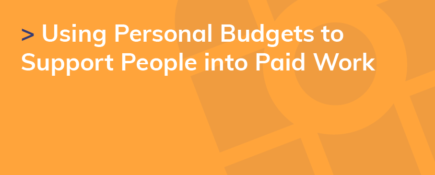
An NDTi study into employment supports identified that there was limited evidence of people using their social care Personal Budget (PB) to support them to gain or retain paid work (click here to read more).

Experience shows that employers are very willing to employ people with learning disabilities, with mental health conditions and young people with SEND. IT is important to present employers with the business case for giving people...

Alice McColl, children and young people development lead, explores how her work with young disabled adults has become a beacon of hope towards change.
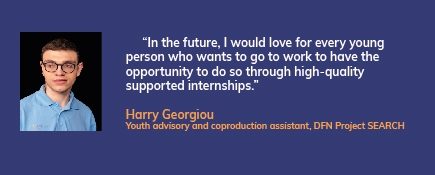
Harry Georgiou, youth advisory and coproduction assistant at DFN Project SEARCH, recently teamed up with NDTi's Thomas Henley to create a film which captures young people's experiences of work.

We’d love to hear more about the fantastic work you’re doing to enable people with learning disabilities to find and stay in paid employment.
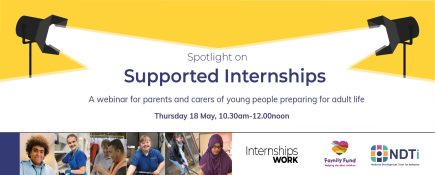
A webinar for parents and carers of young people preparing for adult life. Thursday 18 May, 10.30am-12noon.
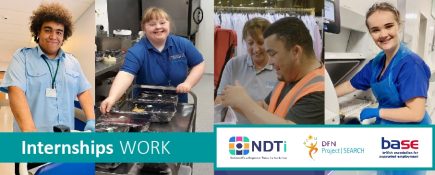
4500 16-25 year olds with special educational needs and disabilities in England are set to benefit from a new, life changing, supported internships programme per year by 2025.
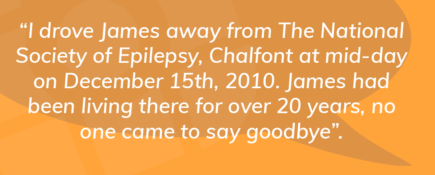
How meeting through Shared Lives led Andy and James to form 'Local Social', a community interest company, that has changed both their lives.Author: Andy Cooke
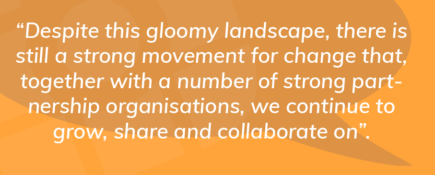
Learning Disability Programme Lead, Madeline Cooper-Ueki, discusses our role in changing the direction of current learning disability practices in the UK.

As part of our work on the Erasmus project to learn about Pathways into Employment for young people with Disabilities, one of the participants, Sterre Ploeger, has contributed a graphic representation of her story.

Calls to pay people with learning disabilities below the minimum wage fly in the face of the evidence – not to mention the law.

Three important resources have been launched this week that aim to help authorities, education providers and career advisers provide a more inclusive approach to employment for young adults following evidence that school leavers with special...

Part of a series of work supporting young people with lived experience to lead change as a result of the Time to Talk Next Steps programme.
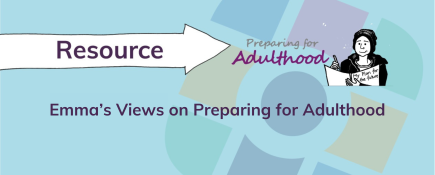
Emma share's views on preparing for adulthood including experiences with schools, college, and the council.
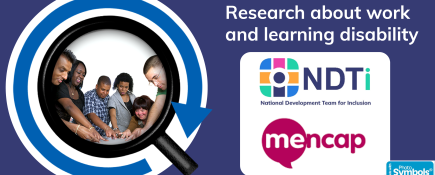
Mencap commissioned NDTi to conduct some research about work and learning disability in 2022. We worked with a group of people with lived experience of a learning disability to plan, design and advise on different...
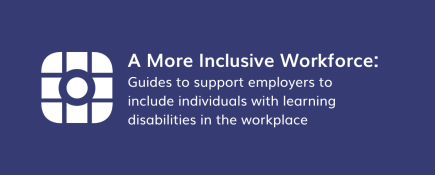
Guides to support employers to include individuals with learning disabilities in the workplace
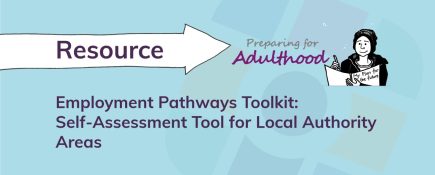
Supporting Young People with Special Educational Needs & Disabilities into Paid Work
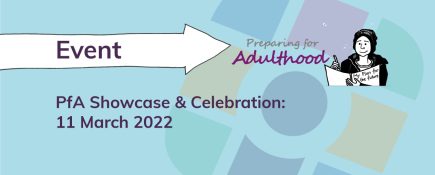
On 11 March 2022, the PfA team delivered an online event to showcase not only what the PfA team has achieved, but also to celebrate some of the fantastic things that are going on around...
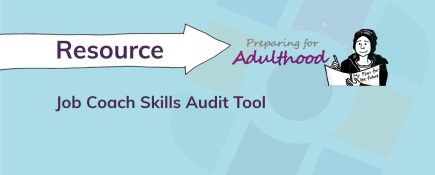
A skills audit to develop effective practice in Supported Internships.
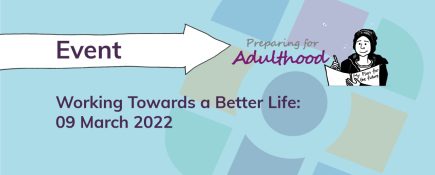
On 09 March 2022, the PfA team delivered an online employment conference.

On 11 February 2022, the PfA team delivered an online employment conference for the North East, North West and Yorkshire & Humberside regions which explored about collaboration, partnership and evidence of what works.

This brief document seeks to add some clarity about what we mean when we are approaching employers for work opportunities for young people with special educational needs or a disability (SEND).
Thank you for taking the time to subscribe.